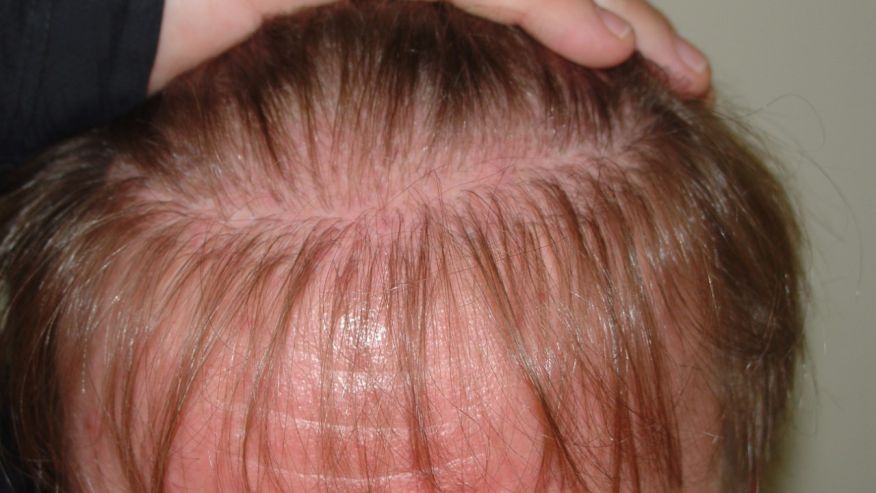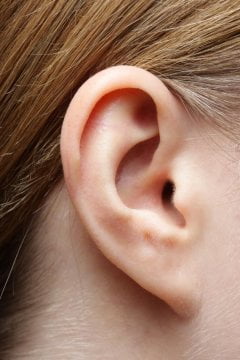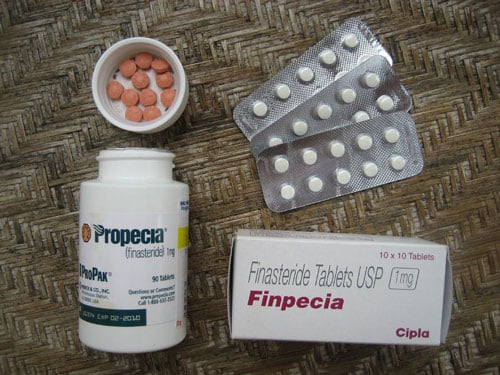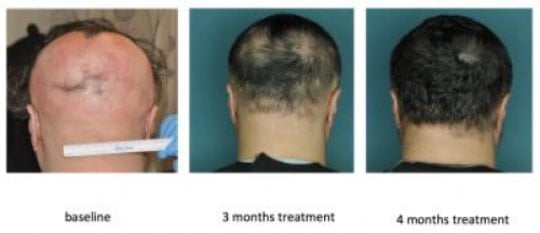 PICTURES USED FOR REPRESENTATIONAL PURPOSES ONLY; (inset) Ashish Agarwal, founder of Derma Matrimony
PICTURES USED FOR REPRESENTATIONAL PURPOSES ONLY; (inset) Ashish Agarwal, founder of Derma MatrimonyPsoriasis is a skin condition that is triggered when there is a problem with the body’s immune system — or it gets ‘confused’ and ‘overreacts’ — leading to exponential growth of skin cells in the form of thick lesions. These lesions may be either red in colour, or sometimes covered with silvery white skin layers, and are usually accompanied by a dryness of skin, itching and inflammation.
About two to four per cent of the world’s population has to deal with this stubborn skin condition. I am one of them. My first encounter with psoriasis occurred in August 2005, when I was 20. It’s taken me some years, but there are home truths about psoriasis that I have discovered. First, there is no permanent cure for it. Repeated remissions and flare-ups are a part of living with it. Second, psoriasis is skin-deep. The lesions on your skin are just a reflection of something wrong inside your body, mainly your gut. So any external treatment alone can’t help you much. And last, psoriasis has a tendency to develop resistance against treatment. Something working well today, may lose its potency after a while.
It was a shock to me and my family. How can a skin condition have no cure? No one in my family or among my immediate relatives, had ever heard of psoriasis. So even though the dermatologist was the best-known in town, we decided to seek a second opinion from a doctor in Delhi. While confirming the condition, the Delhi dermatologist added something that was only slightly more reassuring. “Modern medical science is still clueless about the exact cause and cure for this chronic skin condition. However, it is neither contagious, nor does it affect life expectancy. Just take the medicines, apply the creams and carry on with your life.” He also recommended some tests for liver health since immunosuppressants can hamper hepatic activity when consumed in the long term.
There was to be no stable, longterm healing. The possibility of serious side effects was hard to ignore. So we decided to try out Ayurveda and homeopathy. In the beginning, Ayurveda seemed to work. It cleared my skin completely in just three months. Underestimating the complexity of psoriasis, I quit the medicines and ignored the food restrictions as well. I remained clear for another six months, but the joy was short lived. The psoriasis lesions returned with greater intensity, and spread to all parts of my body, from my head to my toes. And this time around, Ayurveda did not work. I also tried homeopathy, naturopathy and Unani medicines, but it was the same story every time: The initial results were encouraging, but the healing would taper off. I realised later that psoriasis has a tendency to develop resistance against treatments.
Around this time, there was another bogey in my life that, I believe, was also a result of psoriasis. I developed a stutter, and sometimes it was hellish to get even a few words out. For those who don’t know, stuttering is about ninety-five per cent in the mind, and only five per cent due to verbal deficiencies. It is largely a psychological: If you are under tremendous pressure, you may start stuttering.
For me, it was a double-whammy. My psoriasis would elicit stares from people, which would then make me self-conscious and bring out the stutter. Seeing myself in the mirror became a source of stress; for many years I maintained a military-style haircut so that I wouldn’t have to look in the mirror to comb my hair. Seeing the psoriasis patches on my forehead, around the nose, between the eyebrows and chin, was heartbreaking. Psoriasis took over my life, and all the big and small decisions related to it: What to wear, where to go, whom to meet and such. During the first outbreak of psoriasis in 2005, I struggled with difficulties in speech because of tremendous stress and anxiety. In fact, I was certain that I would not get a job through the campus placements because I was terrible in group discussions. I had poor eating and sleeping habits, which wreaked havoc on my digestive and immune systems, and further inflamed the psoriasis.
In 2007, despite my psoriasis and my stuttering, I got a job. But I had to stick with it till 2013 because managing my two conditions was a daily struggle, and took everything out of me. Still, 2013 came with a breaking point: That year, I decided to take charge of my life and change things around for good. Having worked for more than six years, I had enough savings to take a six-month break to focus on improving my skin health and my speech.
I decided, first, to gather as much information about psoriasis as I could. I invested all my energy in learning to manage psoriasis, rather than chase any ‘magical cures’. I read books, trawled the internet, joined discussion forums to know how others with psoriasis managed their condition. Many of them had seen positive results by making significant changes to their diet, lifestyle and of course,introducing stress management techniques in their lives. Body detoxification and an intelligent use of dietary supplements and natural herbs also helped.
I developed a psoriasis management strategy for myself, and tweaked it over the years. My condition started to improve. Apart from physical measures, one thing that has helped me immensely is unconditional acceptance of my situation. Acceptance doesn’t mean giving up or quitting; it simply means to embrace yourself as you are without any feelings of shame or guilt, and work towards selfimprovement. When you accept yourself without judgement, you become free of shame, guilt, denial or the sense of victimhood. You don’t feel the need to hide your socalled ‘flaws’ any more because they are, after all, a part of you. These thoughts have reduced the stress and anxiety levels drastically in my life and — as we all know —autoimmune disorders, including psoriasis, are greatly improved by reducing stress. So the improvement in my skin health has been a byproduct of self-love and self-acceptance.
Psoriasis healing involves a holistic approach. You need to pay attention to every aspect of your life to restore the body-mindspirit balance. I blog to share my experiences with the psoriasis community across the world, and interact with them. I still have the occasional flare-up, but now I can handle them without disrupting my inner peace. Earlier, I used to isolate myself from people, fearing their awkward stares and their discriminatory behaviour. Today, I face the world with confidence, and if someone asks about my patches, I admit, with a smile, that I have a noncontagious condition called psoriasis. After all, if you are comfortable in your skin, people around you, will also be.




















